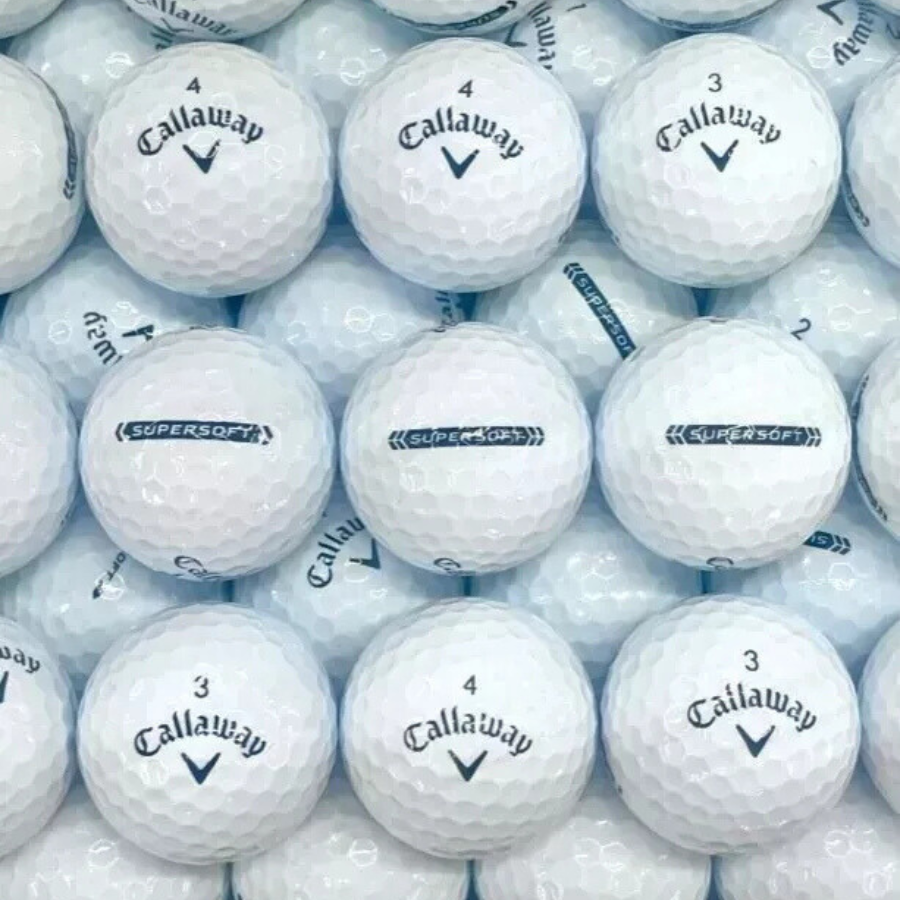
The Business of Recycled Golf Balls: A Lucrative Opportunity?
The golf industry is a multi-billion dollar market, and while much attention is given to equipment like clubs and apparel, the humble golf ball represents a significant piece of the pie. Within this market, a compelling niche has emerged: recycled golf balls. But is the business of recycled golf balls a truly lucrative opportunity? Let's tee off and explore.
The Allure of Recycled Golf Balls
Several factors drive the appeal of recycled golf balls:
• Cost Savings: New golf balls can be expensive, especially for recreational players who lose several during a round. Recycled golf balls offer a much more affordable alternative, making the sport more accessible.
• Environmental Concerns: Golfers are becoming increasingly aware of the environmental impact of lost golf balls, which can take hundreds of years to decompose. Choosing recycled options is a small but meaningful step toward sustainability.
• Performance: While professional golfers demand the utmost precision from their equipment, many recreational players find that recycled golf balls perform just as well as new ones, especially when considering the best golf balls for beginners.
Market Dynamics and Growth Potential
The global golf ball market is experiencing steady growth, driven by increased participation in golf and technological advancements in ball design. The global golf ball market was valued at USD 1.2 billion in 2024 and is projected to reach USD 1.6 billion by 2033, exhibiting a growth rate (CAGR) of 2.78% from 2025 to 2033. Another report indicates the global market was valued at USD 1.42 Billion in 2024 and is projected to reach USD 2.08 Billion by 2030, growing at a 6.4% CAGR8.
While specific data on the recycled golf ball market alone can be difficult to pinpoint, its growth is intrinsically linked to the overall golf ball market and the increasing demand for sustainable products. As more golfers seek eco-friendly and budget-conscious choices, the recycled segment is poised to expand.
Challenges and Considerations
Despite the potential, the recycled golf ball business is not without its challenges:
• Quality Control: Maintaining consistent quality is crucial. Recycled golf balls can vary in condition, and ensuring that they meet certain standards is essential for customer satisfaction.
• Sourcing: Establishing a reliable supply chain for used golf balls can be complex. This often involves partnerships with golf courses and retrieval services.
• Competition: The market for golf balls for sale is competitive, with established brands dominating the new ball segment. Recycled ball businesses need to differentiate themselves through quality, pricing, and marketing.
Is It a Lucrative Opportunity?
Whether the recycled golf ball business is a "lucrative opportunity" depends on several factors, including:
• Effective Business Planning: A well-defined business plan is critical for success.
• Efficient Operations: Streamlining the sourcing, cleaning, and sorting processes is essential for profitability.
• Strong Marketing: Reaching the target audience and effectively communicating the value proposition of recycled golf balls is crucial.
Final Thoughts
The recycled golf ball market presents a compelling opportunity for entrepreneurs passionate about golf and sustainability. By addressing the challenges and capitalizing on the growing demand for affordable and eco-friendly options, businesses can carve out a successful niche. Retailers like golfballs.net are making the game more accessible and environmentally friendly. With a commitment to sustainability, golfballs.net ensures a seamless shopping experience with fast, reliable shipping and a hassle-free return process.

